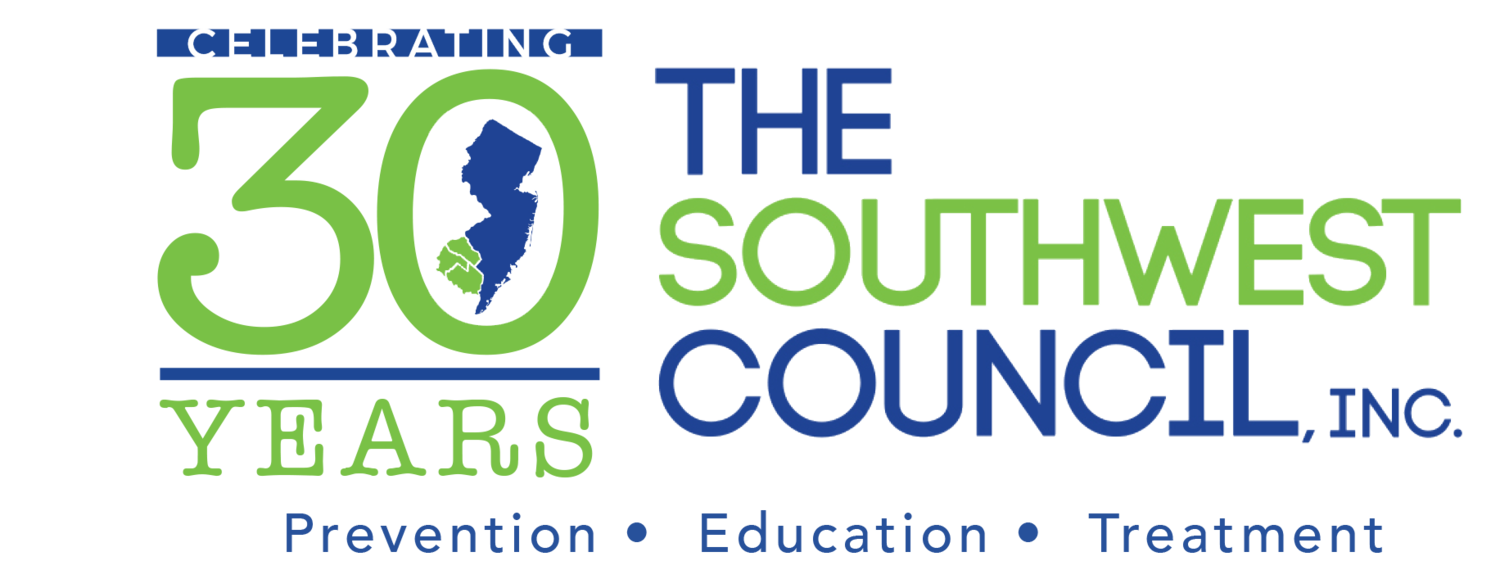By Maggie Fye
In a few weeks, it will be four years ago that my two year old daughter, Catey, was poisoned by a prescription medication called Amitriptyline. My daughter’s survival was nothing short of a miracle, and her poisoning was very much preventable.
In May 2014, I came home to my daughter asleep on the floor in her bedroom making some strange sounds. When I went to check on her, she was beginning to have seizures, which she had never had before. When I pulled back the blankets, I realized that she had taken my prescription bottle of amitriptyline from my night stand.
This particular medication is extremely toxic, especially to small children, yet ironically looks very similar to candy to a child and has a sweet-tasting coating. My daughter sucked the sweet coating off of these pills and spit them out when they became bitter, however, this medication is one of a list of medications that can be fatal in one dose to a small child.
I knew this was bad, but I had no idea how bad. I could barely physically hold onto my daughter as I ran with her into the emergency room because of the seizures. She was making noises that I had never heard any human make before. My precious little daughter, my first child, who had been perfectly healthy only hours before, was unconscious, seizing and now could not breathe and needed to be intubated.
I remember when the Life Flight technician was preparing her for the flight, she stopped seizing momentarily and her eyes opened. He said to her, “oh, there you are” but as her mom, I could see there was nothing there. The was no life behind her eyes. She had never been away from me and now, she was intubated and they were going to fly away with her, and there was no room on the aircraft for me.
Catey was admitted to a pediatric intensive care unit, and she was placed on a ventilator. She was medically sedated and the specialists at that hospital prepared me for her inevitable death. They said that in over 20 years, they had never had a non-fatal outcome in a pediatric TCA (tri-cyclic antidepressant) overdose. They went on to advise me that they would be bringing in life support, for WHEN, not IF, she went into cardiac arrest. Her organs were too small and would be damaged by any efforts at resuscitation.
So then we waited. Waited for her to go into cardiac arrest. Waited for her to die. I am sure it was not easy for the specialists to tell me that my child was going to die. The thought of losing my beautiful daughter because we had been so careless by leaving something I now know to be so very toxic, accessible to little hands, brought me to my knees. I could not hold her, and as the hours, then days, passed. Her body, which should have been up, doing ballerina twirls, was bloated and stiff. Her laughter was silenced. There were no hugs, no sloppy kisses, no sticky hands. She was gone, and I could have prevented all of it.
Unbeknownst to me, the staff at the hospital called in an abuse report to Child Protective Services, since they did not know I was not home at the time, as she was under the care of my now-ex-husband. When Child Protective Services and the police came, I was advised that until the conclusion of their investigation I was prohibited from being alone with my own daughters and any other children. Now I faced losing my younger daughter, as well. As someone who took pride in being a good mother, this was like a punch to the gut. It took everything within me to be reminded that they were only doing their job.
On the fourth day, incredibly, Catey had not yet gone into cardiac arrest. Her body had processed enough of the toxins that they were able to slowly reverse her induced coma to try to wake her. They removed the ventilator and she eventually moved into a regular pediatric hospital room. Child Protective Services were able to sort through the facts and lifted the restriction placed on me. They concluded it as an accident, and I was cleared of any child abuse or neglect. My daughter was released to my care upon her discharge.
The reality is that my daughter’s survival was against all odds, it was a miracle. The fact is, that this could have so easily been prevented. I knew, or thought I knew, about home safety. I did not realize just how dangerous unsecured medications are.
I am one of many parents who have faced the consequences of failing to realize that unsecured medication, in little hands, can be as deadly. Every day in the United States, approximately four bus loads of children are seen in emergency rooms for accidental medication ingestion, and half of all poison exposures are children ages 6 and under. No family should ever have to experience the pain of such a preventable tragedy and most families are not as fortunate as we were in her survival. I have since made it my mission to honor the gift of her life, of getting a second chance despite all the odds, by sharing our story and educating others, who like me, never gave it that much thought.
In my efforts to transform this life-changing near-tragedy into an opportunity for help and hope, I connected as a parent with my local substance abuse prevention coalition, Cumberland County Healthy Communities Coalition (CCHCC). I now serve as the Vice Chair of CCHCC, a role I am proud of. I’m honored to work with such a fantastic team of community partners who are just as passionate about substance abuse education and prevention, as well as creating a safe and healthy community for all of us.
As part of CCHCC, I have had the opportunity to offer an educational workshop we created called, “Account. Secure. Dispose.” This well-received workshop includes the how and why for proper accounting, securing and disposing of medications. Participants are provided with a MedTracker, a Timer Cap for prescription bottles, and Deterra drug deactivation pouches to ensure they not only have the know-how, but the resources as well to begin to Account. Secure. Dispose. Contact our coalition to join our efforts or to learn more about our initiatives.
In the approximately 15 months we have been partnering with Inspira to resource the community with Account. Secure. Dispose., we have distributed more than 27,000 Deterra pouches to neutralize the components of unwanted medications, rendering them inert and ready for biodegrade disposal in regular household trash; without the worry of potential misuse, accidents, abuse, theft, or introducing harmful or even lethal chemicals into the environment.
This was preventable in my home and it is preventable in your home. It is not worth the risk. Let’s all begin to Account. Secure. Dispose. and make our community safer and healthier.






